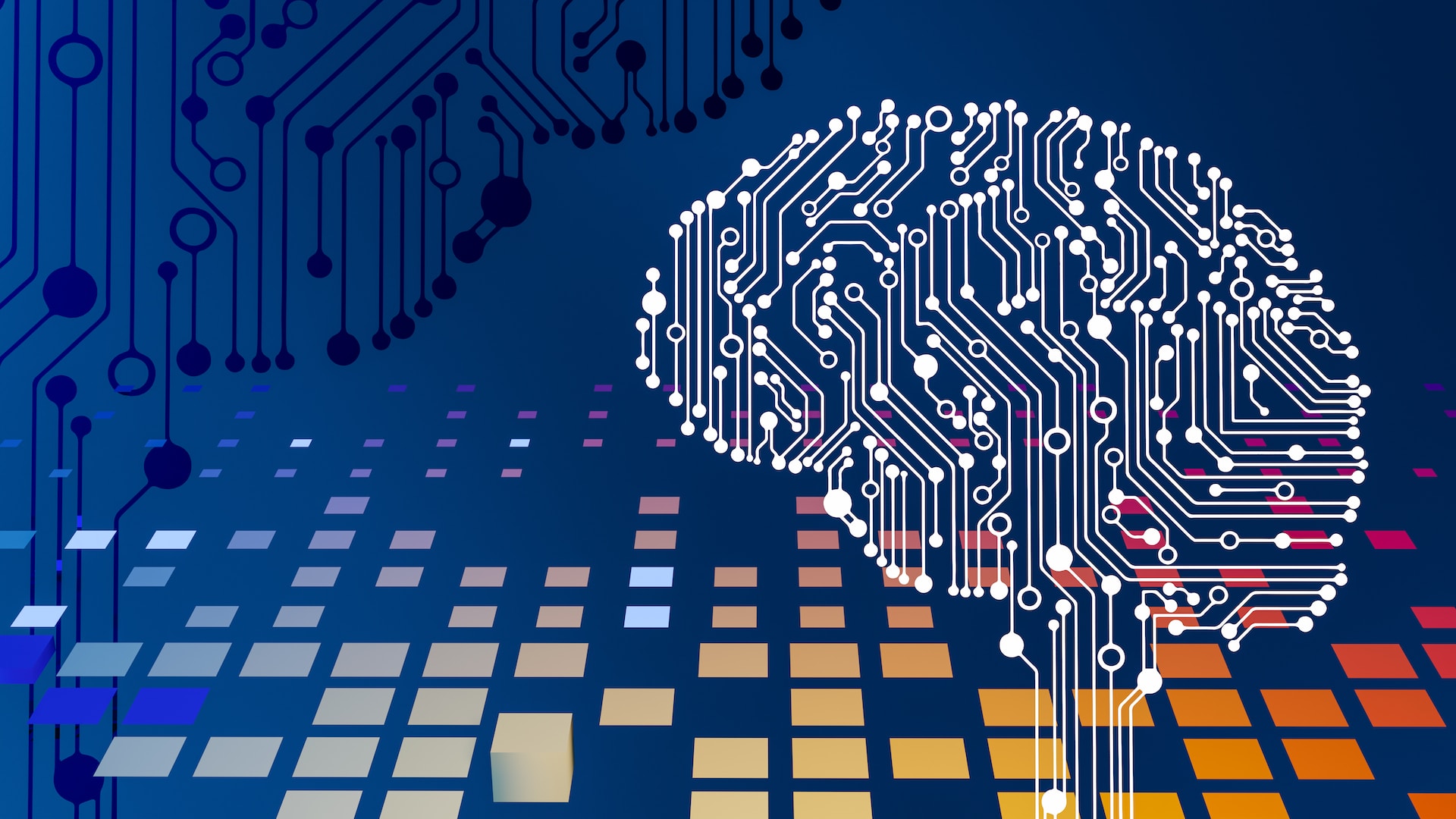Introduction
This area of computational linguistics has observed massive evolution and enhancement during the recent years. Because of the quick advancement of machine learning models. Amidst these models, ChatGPT, created by OpenAI, has become a crucial player in challenging the limits of language processing research and encouraging innovation within the AI community. Within this post, we explore the influence of the ChatGPT technology in the sphere of language understanding. We investigate its impressive abilities, real-world uses, teamwork aspect, ethical concerns, and its impact on equalizing access to advanced NLP technologies.
ChatGPT: A Robust Linguistic Model in NLP Study
ChatGPT acts as a companion model to the well-known InstructGPT. This is constructed based on the cutting-edge GPT-3.5-turbo AI model. The progress involves an iterative approach. Customer feedback is essential in improving and optimizing its functionality. The strong point of the model is found in the power to generate relevant answers to the given context. This is a valuable resource for scientists exploring different NLP facets, such as sentiment detection, automated language conversion, and brief summarization. The logical and situation-aware answers given by ChatGPT promote more exact and productive interaction among individuals and computer systems. It opens novel paths for further investigation within the domain of NLP.
Applied Scenarios in addition to Key Takeaways
The outstanding performance of the ChatGPT model in the field of conversational AI has led to its extensive usage within the industry sectors of client assistance, content generation, and virtual support. Consequently, companies can deliver improved customer support, develop excellent articles, and give individualized virtual support. This practical application also emphasizes the model’s effectiveness. Additionally, offers valuable information for scholars to study and refine pertaining to its functions. Through examining the achievements and drawbacks of the ChatGPT system in different situations, experts can discover regions for improvement and develop novel approaches to further boost the model’s efficiency. Scientists can subsequently implement these enhancements to upcoming versions of the ChatGPT model, guaranteeing its continuous growth and efficacy.

The choice made by OpenAI for launching ChatGPT as a trial version has generated a culture of cooperation among the AI community. That has enabled scientists and programmers to investigate the abilities of the framework and contribute towards its progress. Scientists and programmers worldwide have been encouraged to test the prototype, communicate their results, and support its constant evolution. Nevertheless, it is crucial to understand that any adaptations or tweaks implemented on the model ought to be performed responsibly and ethically. This cooperative method has also hastened the speed of advancement in natural language processing but has additionally enabled the interchange of viewpoints and proficiency among AI specialists. That has resulted resulting in a more abundant and heterogeneous scientific environment. Furthermore, the launch of ChatGPT’s release has generated extensive talks related to the moral implications of artificial intelligence and natural language processing technologies. The ongoing conversations have brought up crucial inquiries related to privacy, bias, and the potential mishandling of these technological advancements. As Artificial intelligence-generated text becomes harder to tell apart from content written by humans, issues related to disinformation, control, and confidentiality have been raised. Nevertheless, advocates argue that AI can additionally be employed to achieve positive objectives such as boosting effectiveness, stimulating imagination, and progressing scientific investigation. Involving in these matters enables the AI community to establish principles and optimal methods to guarantee the ethical utilization of ChatGPT and other natural language processing models.
Promoting Access with Advanced NLP Solutions
Apart from its technological advancements, ChatGPT has also had a significant impact in providing availability to advanced natural language processing technologies. These advancements have enabled a greater number of individuals to gain advantages from and use these effective implements for diverse uses. Via the OpenAI API, coders can effortlessly integrate ChatGPT into their apps. People can utilize the capabilities provided by advanced AI models without demanding substantial resources or specialized knowledge. The improved accessibility could potentially to encourage further innovation within the field of NLP. Additional people and companies have the opportunity to test and enhance what ChatGPT can do. Enabling a broader variety of programmers to utilize cutting-edge natural language processing models fosters a broad and inclusive AI society. This promotes imagination and cleverness in the industry.
Conclusion:
Welcoming a Connected Next Generation of Artificial Intelligence Interaction
The influence of the ChatGPT system on the field of natural language processing research and innovation is highly significant. The way it understands the context, real-world uses, cooperative character, moral concerns, and availability have greatly influenced the expansion and evolution of the AI community. By conducting research keep investigating the capabilities of ChatGPT and similar NLP models, we can predict enhanced developments within the domain. This is going to pave the path for an era where computational intelligence and human dialogue progressively become seamless and streamlined. This AI model has clearly emerged as a significant factor in pushing natural language processing. This has driven this area towards greater levels and opened up opportunities which were previously inconceivable.










